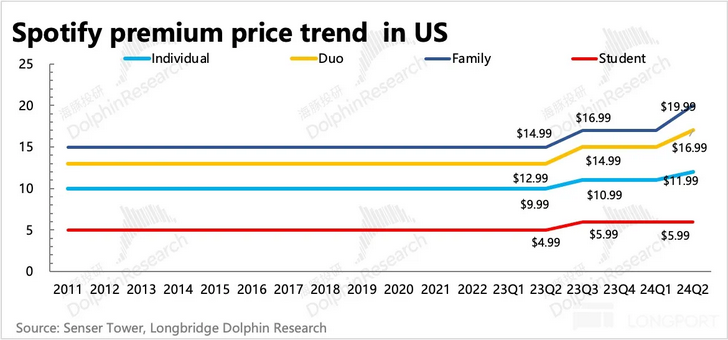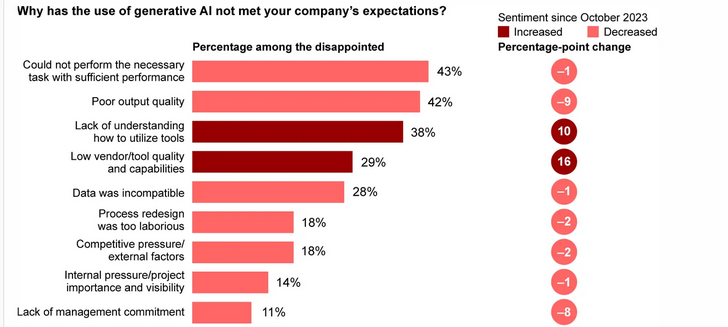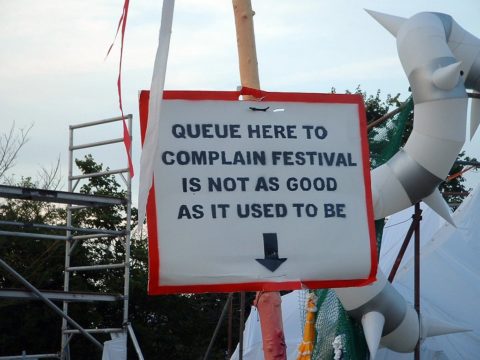Above the paywall, Ted Gioia discusses Apple’s latest attempt to cut itself a nice big middleman’s slice of the indy creator market by putting the thumbscrews to Patreon:
Can Apple really charge a 30% tax on indie creators?
What Apple is now doing to indie creators is pure evil — but this story has received very little coverage. Journalists should pay attention, because they are under threat themselves.
Apple is now putting the squeeze on Patreon, a platform that supports more than a quarter of a million creators — artists, writers, musicians, podcasters, videographers, etc.
These freelancers rely on the support of more than 8 million patrons through Patreon, which charges a small 8-12% fee. Many of these supporters pay via Patreon’s iPhone app.
Earlier this year, Apple insisted that Patreon must pay them a 30% commission on all new subscriptions made with the app. In other words, Apple wants to take away close to a third of the income for indie creators — almost quadrupling their transaction fees.
This is the new business model from Cupertino, and it feels like a Mafia shakedown. Apple will make more from Patreon than Patreon does itself.
The only way for indies to avoid this surcharge is by convincing supporters to pay in some other way, and not use an iPhone or Apple tablet.
This is what happens when Apple decides to treat a transaction as an “in app payment” — as if an artist’s entire vocation is no different than a make-believe token in a fantasy video game.
But you can easily imagine how almost anything you do with your phone could be subject to similar demands.
I’ve been very critical of Apple in recent months. But this is the most shameful thing they have ever done to the creative community. A company that once bragged how it supported artistry now actively works to punish it.













